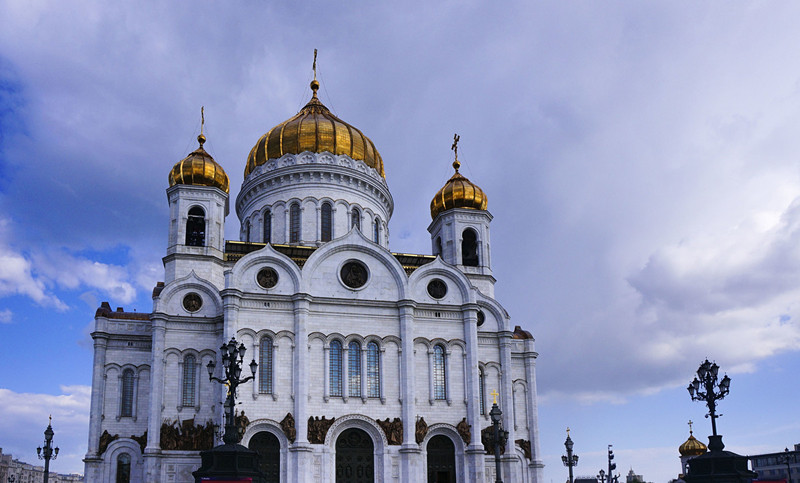The name Alexander the Reactionary is equally appropriate.
反動者亞歷山大的名號同樣恰當
Aside from reviving Nicholas the First's official nationality policy,
除了重新實施尼古拉一世的官方民族主義的政策外
Alexander the Third was also rabidly anti-Semitic and believed his father had been killed by Jews.
亞歷山大三世也是激進的反猶主義者,相信他的父親是被猶太人殺害的
The first years of his reign were marked by pogroms, or riots,
他開始幾年的統治是以一系列大屠殺為標志的,或者說動亂
in which Russians, Ukrainians, Poles, and Moldovans rioted against the local Jewish communities.
在這些動亂中俄羅斯人,烏克蘭人,波蘭人,摩爾多瓦人向當地的猶太人團體發起動亂
Not only did Alexander the Third refuse to stop the pogroms, he officially blamed the Jews themselves and increased restrictions upon them.
亞歷山大三世不僅沒有制止這些屠殺,他還通過官方聲明譴責了猶太人并且增加了對他們的限制

The city of St. Petersburg is filled with must-see buildings,
圣彼得堡充滿了必看的建筑
and one of the most important is Alexander the Third's tribute to his assassinated father, the Church of Spilled Blood.
其中最重要的一座是亞歷山大三世獻給他被刺身亡的父親的,即滴血教堂
If only it were his most important legacy!
如果這是他最重要的遺產就好了
Only thirty six when he became Tsar in 1881, Alexander the Third looked forward to a long reign.
1881年,三十六歲的亞歷山大成為沙皇時,他就期待著長遠的統治
He therefore seemed in no hurry to train his eldest son the Tsarevich Nicholas in running the Romanov family business.
因此他并沒有訓練皇儲尼古拉如何處理羅曼諾夫家族的事物
But on November 1st, 1894, he died of nephritis in the Crimea setting the stage for disaster.
但是1894年十一月一日,他因為腎炎死于克里米亞,這也就為災難的發生搭好了舞臺











